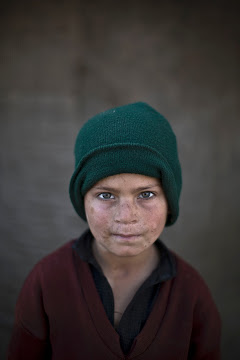Skateistan

In 2007, Oliver Percovich went to Afghanistan "carrying with him three skateboards and an open spirit". He lent his skateboards to Afghan teenagers who became the country's first skateboarders.
"As Oliver and his new friends skated around the streets in Kabul, they saw the pull that the skateboard had with youth of all socioeconomic backgrounds, ethnicities and genders. Skateboarding quickly created a community that overcame social divisions."The following year, he started preparig the launch of a non-profit organisation that uses skateboarding to empower children and teenagers. At various locations (among them an orphanage) in Kabul, regular skate sessions were run which attracted dozens of (street-working) children. Girls, who are not allowed to play sports in Afghanistan, came to skate regularly.

In 2009, Skateistan began providing both skateboarding and education - the Skate and Create programme was born. Registered students spent "an equal amount of time learning in the classroom as on a skateboard". Soon, Skateistan's Back-to-School programme was launched supporting students to enroll in the public school system in Afghanistan.

Then, skate lessons for children with disabilities began to run weekly.

Meanwhile, Skateistan Cambodia and South Africa have been formed (via).
Skateistan on YouTube:
::: The Future of Skateistan: WATCH/LISTEN
::: Faranas' story: WATCH/LISTEN

photographs by Jessica Fulford-Dobson via and via and via and via and via



































